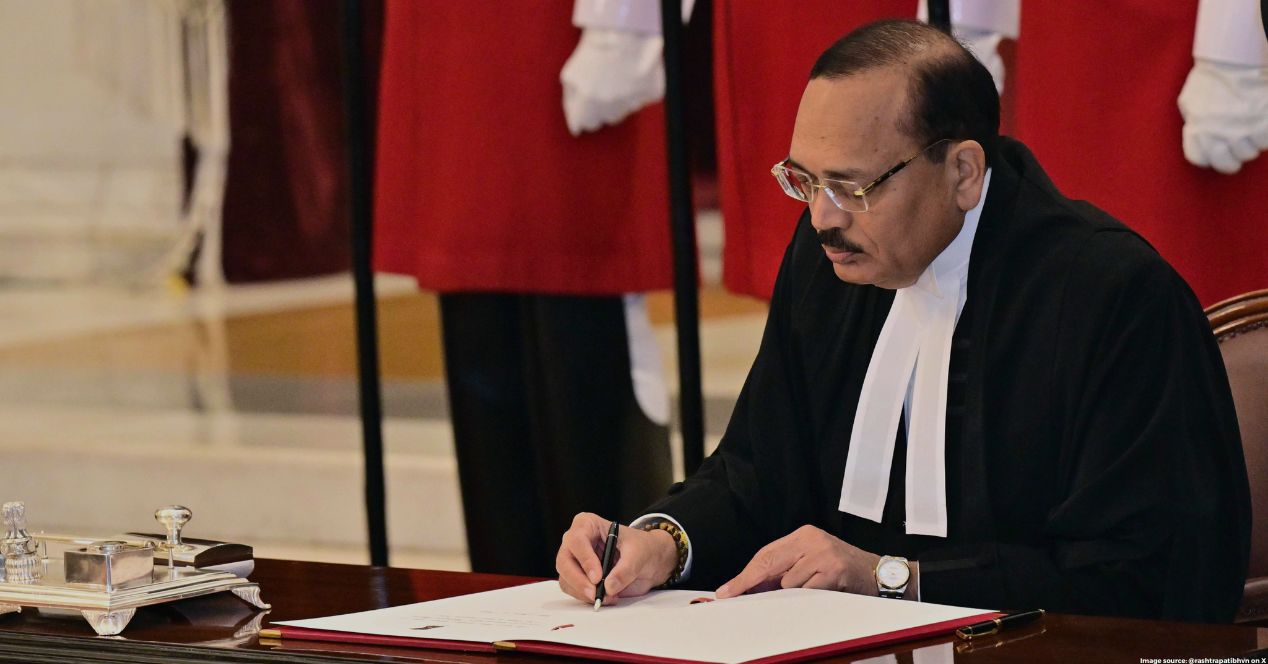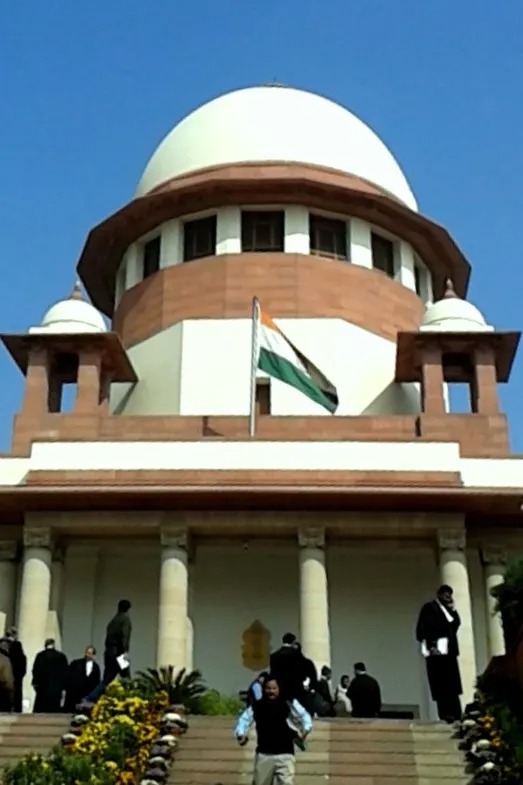R.L. Anand, J.@mdashThis is a civil revision and has been directed against the order dated 14.11.1998 passed by the Additional Civil Judge, Senior Division, Hoshiar-pur, who allowed the application of the plaintiffs-respondents under Order 23 Rule 1, CPC for the reasons given in para 4 of the impugned order :-
"I have heard the learned counsel for both the parties. The present suit is a simple suit for permanent injunction for restraining defendants 1 to 21 from selling and entering into agreement to sell or transferring suit land in any manner, on the basis of agreement to sell dated 18.7.1995. Three different dates have been fixed to execute sale deeds i.e. 15.11,1995, 15.5.1996 and 31.10.1996. The plaintiff is to seek remedy as per terms of agreement settled between the parties. As per recent trend of decision of our own High Court and as reported in 1998 (2) S.C.C. 619 titled as "Gulab Rai v. Atam Rai", no injunction can be granted on the basis of agreement and as such, the suit is likely to fail. Even otherwise, as per pleadings of the plaintiff, two defendants have already died before filing of the present suit. There is a formal defect in the present suit. Accordingly, application is accepted and the plaintiff is allowed to file a fresh suit on the same cause of action, subject to Rs. 1000/- as costs, which will be condition precedent."
2. Some facts can be noticed in the following manner. The plaintiffs- respondents filed a suit for permanent injunction against defendants 1 to 21 restraining them from selling, entering into an agreement of sale, transferring in any manner, alienating and disposing of whole or any part or any specific portion or share exceeding their share, more valuable precious part(s) of and the specific Khasra Nps. of joint Immovable agricultural land fully described in the head note of the plaint and it was further prayed that defendant No. 22 be directed not to entertain or accept any registered sale deed/power of attorney executed by all or any of the defendants or any other person on their behalf in respect of the land in dispute. It was the case of the plaintiffs-respondents that defendants 1 to 21 entered into an agreement of sale of land in their favour and they have sold almost all the land to the plaintiffs-respondents. Now defendants are attempting and threatening to sell their remaining land to some other persons to which they have got no right at all in violation of the agreement. With these broad allegations, the plaintiffs-respondents filed a suit for permanent injunction for mandatory injunction. During the pendency of the suit, the plaintiffs-respondents filed an application Under Order 23 Rule 1(3) CPC for the withdrawal of the suit mainly on the ground that the defendants have raised apreliminary objection that the suit of the plaintiffs is not legally maintainable and defendants 1 to 21 had already expired before the filing of the suit. Notice of the application was given to the defendants. They took the plea that since they have committed breach of agreement, therefore, they are not entitled to permanent/mandatory injunction. It was also pleaded that there is no formal defect in the suit. Lastly, it was prayed for the dismissal of the application. The learned trial Court allowed the application. Not satisfied with the impugned order, the present petition has been filed,
3. I have heard the learned counsel for the parties and with their assistance I have gone through the record of the case.
4. Order 23 Rule 1(3) lays down that :-
"(3) Where the Court is satisfied,-
(a) that a suit must fail by reason of some formal defect, or
(b) that there are sufficient grounds for allowing the plaintiff to institute a fresh suit for the subject matter of a suit or part of a claim,
it may, on such terms as it thinks fit, grant the plaintiff permission to withdraw from such suit or .such part of the claim w ith liberty to ''institute a fresh suit in respect of the subject-matter of such suit or such part of the claim."
5. A reading of the above provision would show that prayer under Order 23 CPC can only be granted if the Court is of the opinion that the suit must fail on the ground of some formal defect. Formal defect has not been defined in the CPC and it will depend upon the facts of each case. I am certain that formal defect has to be understood differently from the suit which is not legally maintainable. The case set up by the plaintiffs-respondents in the trial Court was that on the basis of the agreement, the entire land was sold''in their favour and that the defendants are committing breach of agreement. If the time for specific performance of the agreement has not lapsed, the suit was always legally maintainable and if the time for specific performance of the agreement has already expired, the suit was also legally maintainable. In both the eventualities, there is no formal defect in the suit. In this view of the matter, the impugned order cannot be sustained in the eyes of law.
6. During the course of arguments, the learned counsel for the respondents submitted that the plaintiffs-respondents had already filed a suit before the expiry of the period of agreement.
7. In view of the above, impugned order dated 14.11.1998 passed by the learned Additional Civil Judge, Senior Division, Hoshiarpur, is hereby set aside.
8. The learned counsel for the respondents submits that the setting aside of the impugned order dated 14.11.1998 passed by the learned Additional Civil Judge, Senior Division, Hoshiarpur, might affect his suit for specific performance. This contention of the learned counsel for the respondents, in my opinion, has no merit as I had already stated that after the expiry of the period of limitation mentioned in the agreement, the suit for specific performance was always legally maintainable. Again it is hereby clarified in order to allay the fear of the learned counsel for the respondents that it was always open to the plaintiffs-respondents to file a separate suit on the expiry of the time of the performance of the contract It will still be open to the plaintiffs-respondents to withdraw the costs, if they have deposited the same in pursuance of the order dated 14.11.1998 passed by the learned Additional Civil Judge, Senior Division, Hoshiarpur.
9. This revision is accordingly allowed. No order as to costs.
10. Revision allowed

